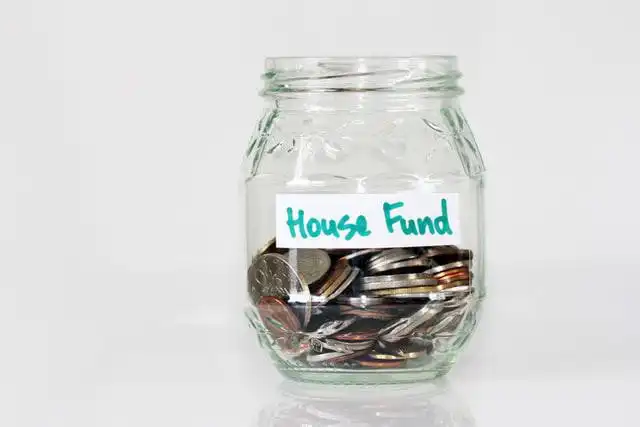
The upside to the Covid-19 pandemic was that the interest rate came down to a record low of 7%, which afforded many people the opportunity to purchase property, especially first-time buyers. But things that go down invariably go up again and that is certainly the case with the interest rate, which is expected to be around 10% by the end of the year, according to this IOL article.
But Michelle Cohen, Principal at Leapfrog Johannesburg North East, encourages would-be buyers to still consider purchasing property as it remains a resilient investment type, and with the right planning and approach it is definitely still possible.
“There’s no denying the pressure on consumers with, in particular, rising food, fuel and electricity costs, but bear in mind that property is an investment and that a bond can be viewed as a savings vehicle,” Cohen says.
She adds that having a clear picture of all the costs involved in purchasing property is central to ensuring affordability and helping one plan for the big purchase.
Affordability is key
A successful property investment involves knowing whether you can comfortably afford the monthly bond repayments. “Calculate affordability by looking at your income and expenses against the cost of the property – in terms of monthly bond repayments, levies, homeowners fees and municipal charges – plus interest,” Cohen says.
Bond originator BetterBond has handy affordability calculators on their website that helps you work out exactly how much you can afford to put towards a bond each month. They’ve also got a repayment calculator, a deposit and savings calculator and an additional payments calculator, all of which are very helpful when you’re doing the property sums.
Bear in mind though that affordability is about more than just the bond repayments as other expenses pertaining to a property purchase also need to be taken into consideration, specifically:
Bond registration and transfer costs: This is the once-off cost paid to the conveyancing attorney to register the bond over the title deeds and is related to the loan amount. This amount is payable approximately four to six weeks after the bond has been granted.
Rates, taxes,homeowners association fees and levies: Determined by the value of the property, as well as the size and the area in which the property is located, rates and taxes are unavoidable as they represent the fees payable to the local authorities for waste removal and sewerage, and the tax payable on the value of the property.
Homeowners insurance: This offers financial protection in the case of damage or loss related to the property. Depending on the type of cover you opt for it may include emergency repair services or cover for temporary living arrangements in the event of the property needing to be evacuated. In the case of bonded properties the lender (typically the bank), may require that the homeowner has comprehensive insurance that covers the value of the property.
General upkeep and maintenance: Though a variable expense, all properties require a level of upkeep and maintenance and budgeting for it can relieve a bit of the pressure. It’s always a good idea to keep your property well maintained by doing regular maintenance as it helps your investment to retain its value.
Save where you can
Cohen strongly recommends using the services of a bond originator when purchasing property. A bond originator is a person or company, such as BetterBond, that assists buyers in obtaining a mortgage bond at the most favourable interest rate.
“Bond originators apply to all the major banks on the client’s (the buyer) behalf with the goal to negotiate the best rate, while also dealing with all the paperwork on your behalf,” Cohen explains. The service is free to the client as the bond originator is paid by the bank.
Another great way to save is to put a deposit towards the purchase of the property. “Having a deposit shows the bank you’re serious and committed, and thus more likely to honour the bond repayments. A deposit may also help you qualify for a lower interest rate,” Cohen says.
Go for it
Property is a significant investment and one that is accessible to many people if approached with an open mind and the necessary financial commitment, Cohen believes.
It’s a good idea to draw on the expertise of a trusted property advisor to help you find the best property investment to suit both your lifestyle needs and your pocket.
Author: Leapfrog Property Group

